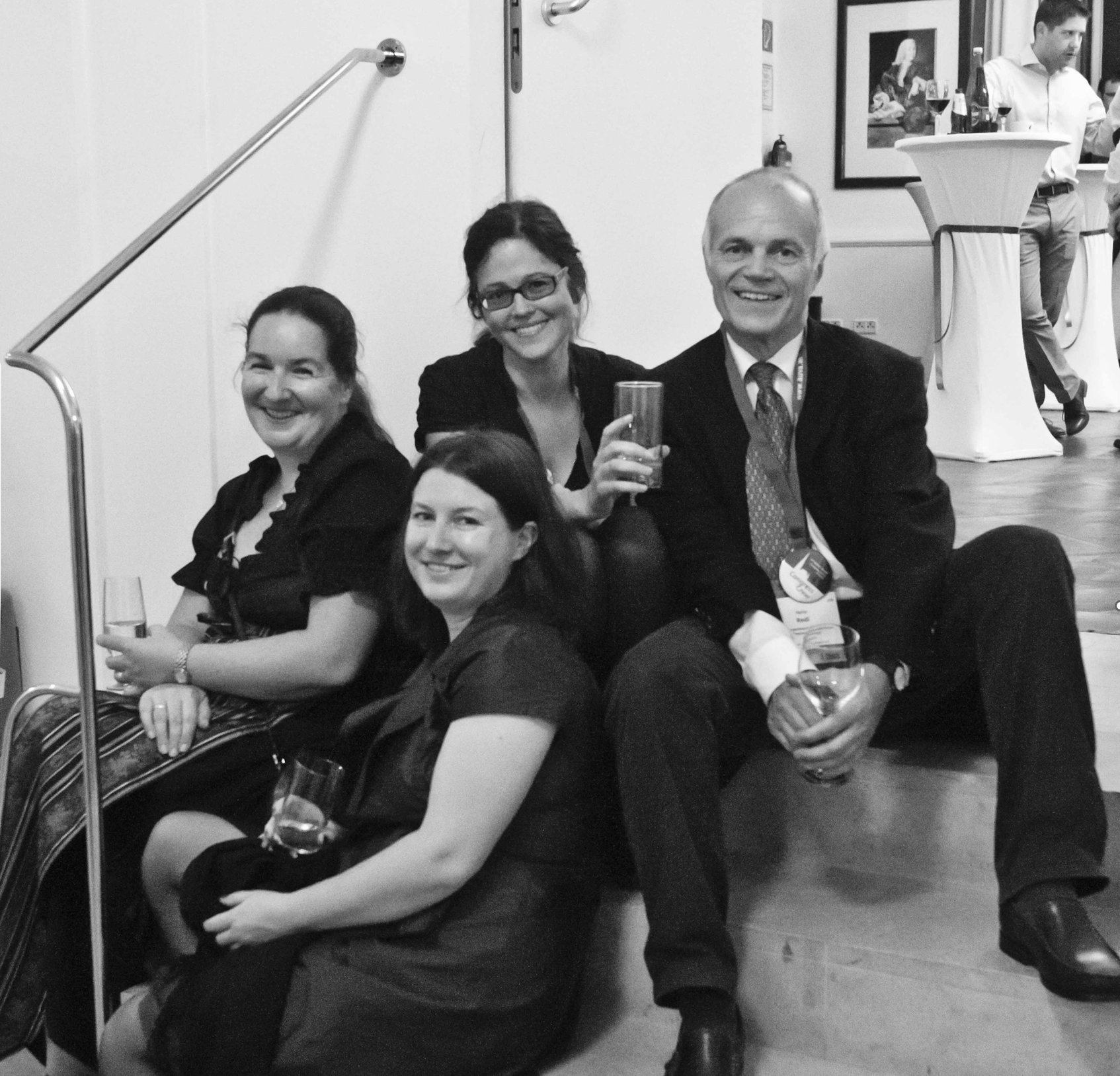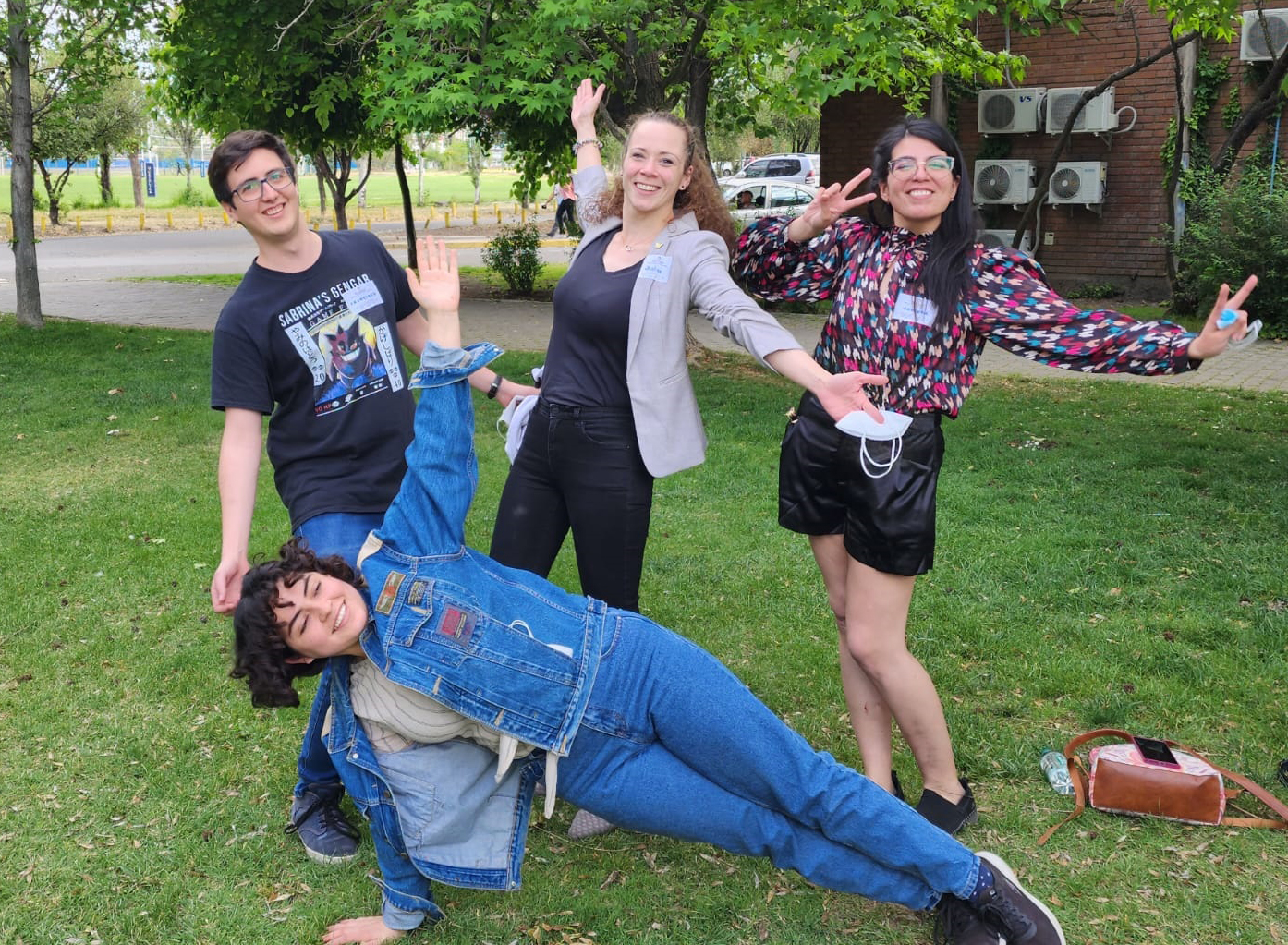Once at LBI Trauma, always an Alumni
Research and learning are inextricably linked. Hence, it is not surprising that the Ludwig Boltzmann Institute of Traumatology (LBI Trauma), the research centre in cooperation with AUVA, places a special focus on the education and training of doctors and researchers. Ever since its establishment more than 40 years ago, the LBI Trauma has not only played a decisive role in shaping research in experimental and clinical traumatology – numerous careers also began here.
The constant improvement of the treatment of patients is a central concern of AUVA. In the accident hospitals, care is not provided “appropriately and expediently”, but according to the best available technology. In order to stay on the ball and even improve the state of the art itself, AUVA supports research at the highest level.
Research is never a one-sided affair. The newly discovered always includes a discoverer. The research results fill the pages of countless theses – in the last 10 years alone, more than 60 Bachelor’s and Master’s students and 40 doctoral students graduated from the LBI Trauma, supported by AUVA, in addition to 10 post-doctoral theses, i.e. the teaching qualification at a university acquired through extensive scientific achievements. The first alumnus was Prof. Dr. Hans Peter Dinges, later head of the pathology department at Klagenfurt Regional Hospital. The first habilitation came from the pen of Prof. Dr. Nikolaus Schwarz, medical director of the UKH Klagenfurt from 1997 to 2014.
Halfway around the world
Some graduates stay with the Institute after graduation, others are drawn to new adventures. Among the LBI Trauma Alumni there is a broad spectrum of careers, both academic and business, all over the world. Christina Schuh has certainly taken her experience the furthest. Already connected to the institute during her studies at the FH Technikum, she later also completed her doctorate at LBI Trauma. Now she works as an assistant professor at the Universidad del Desarrollo in Santiago de Chile and is the deputy head of the doctoral programme. The university is located at 1000 metres above sea level at the foot of the Andes and contains 3500 m² of the latest laboratories.
Dr Schuh came to her position via a young researcher grant thanks to a what she describes as a “totally crazy idea”: bee microvesicles as an antibacterial agent in wound healing. She drew inspiration from her childhood. Her mother always put a plaster with honey on scraped knees “so it wouldn’t get infected”. “We would all be well advised to listen a little more to our herbal grandmothers,” says Dr Schuh, “With every day that passes, there are fewer effective antibiotics and more resistant bacteria, the gap is widening and we don’t have much time left. On the one hand, we need creative approaches, and on the other hand, we need to go back to the source. If we decipher the active ingredients in plants or honey and test them in controlled laboratory conditions, we can develop new therapies based on hundreds of years of knowledge.”
In Chile, Dr Schuh found great support. She was surprised by the many types of research funding, almost all of which goes to tenders in Chile. The Chileans are also very open to international collaborations, which is why the FH Technikum Wien and the LBI Trauma are still involved in their projects.
And back to the Trauma Centre Vienna
After all, despite sometimes great geographical distance, the connection to the institute often remains. The lived togetherness in research forms a breeding ground for cooperation far beyond the period of training and employment. An alumni meeting revived this collaborative scientific spirit. On the agenda were 3-minute pitches from former employees, now company founders, professors and clinic directors in Austria and beyond. The time difference to Vienna did not deter anyone, even guests from overseas joined in the virtual room. Those who were present live enjoyed coffee and cake and reminiscing together. The “Eureka!” moment of a successful experiment, the hours spent together at the sterile workbench, even the one or other hiccup in the laboratory – the time spent together at the Vienna Trauma Centre, Lorenz Böhler site was remembered fondly by all.
Short presentations by the heads of various Institute groups rounded off the event and showed the guests what had changed since their time at the LBI Trauma – and what will probably never change.

